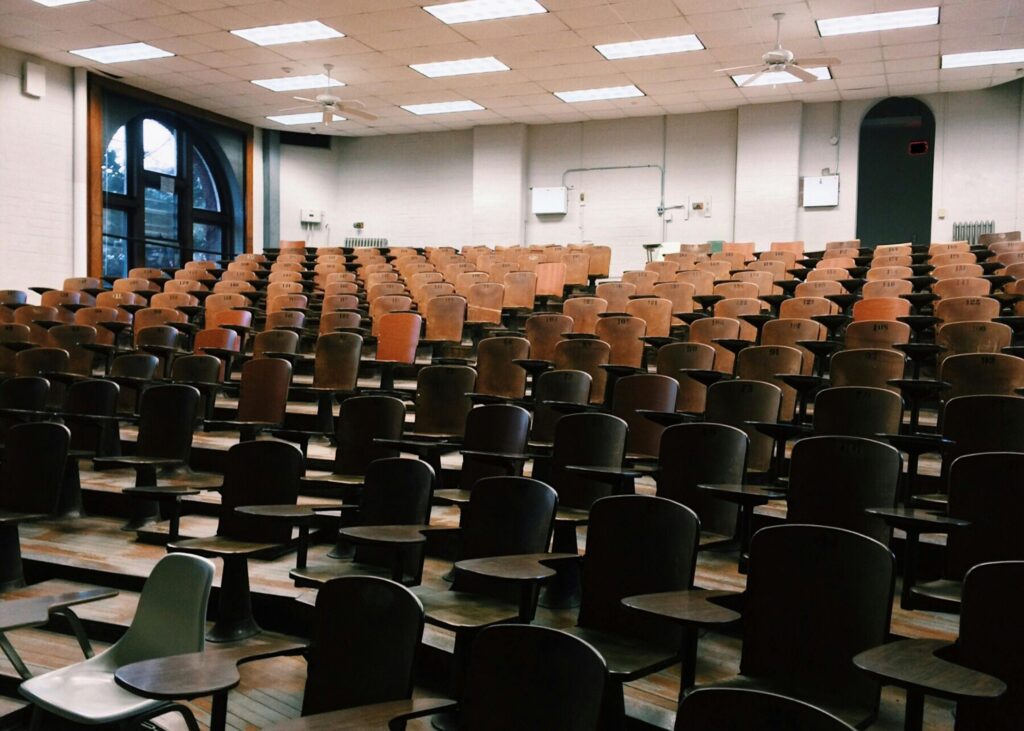Both parental and peer attachments are important to a student’s life at university but they play different roles
22 May 2024

This research explores a vital aspect of a student’s life during their first year at university. It examines how the relationships students have with their parents and friends affect their ability to adjust to university life. The study is based on two key theories: the attachment theory which looks at how our early relationships shape our later life, and the theory of emerging adulthood, a stage of life where young people experience significant changes and explore their identity. Researchers surveyed first-year university students to understand the role of these relationships in their adjustment to university life.
The findings are intriguing. While both parental and peer attachments are important, they play different roles. A strong, trusting relationship with parents helps students feel secure as they navigate the new challenges of university. On the other hand, good communication with peers is crucial as students spend more time with friends and rely on them for day-to-day support. Secure attachment to parents is associated with positive academic views and motivation while peer attachment plays a more influential role during university years.
This shift from parental to peer attachment is a natural part of development. The transition to university is viewed as both an ecological and a personal developmental transition, crucial for emerging adults. This period demands autonomy, responsibility, and the ability to manage new challenges and pressures, including the exploration of self-identity. The findings reveal that while both parental and peer attachments are important, they function differently in enhancing identity exploration.
The significance of this research lies in its practical applications. For university administrators and policymakers, it underscores the importance of developing programs that foster both strong familial ties and healthy peer relationships. This can help students transition smoothly into university life, promoting their overall well-being and academic success.
In simple terms, the study reveals that for a student stepping into the world of higher education, both their families back home and the friends they make on campus play crucial roles in helping them adjust, grow, and succeed.
Authors: Walton Wider (Faculty of Business and Communications, INTI International University), Cloyd M. Tanucan (College of Teacher Education, Cebu Normal University), Jiaming Lin (Faculty of Business and Communications, INTI International University), Leilei Jiang (Faculty of Education and Liberal Arts, INTI International University), Lester Naces Udang (School of Liberal Arts, Metharath University/College of Education, University of the Philippines Diliman)
Read the full paper: https://doi.org/10.1371/journal.pone.0294658
